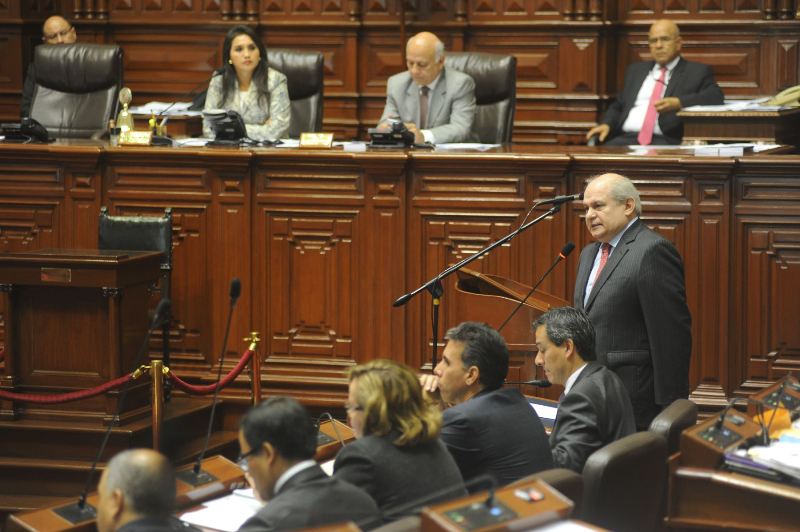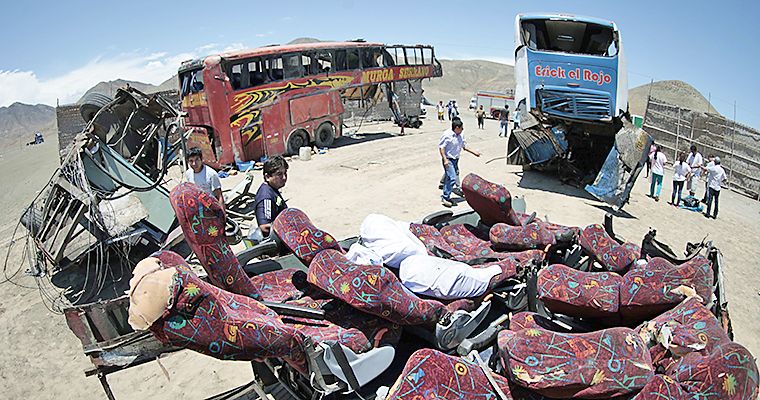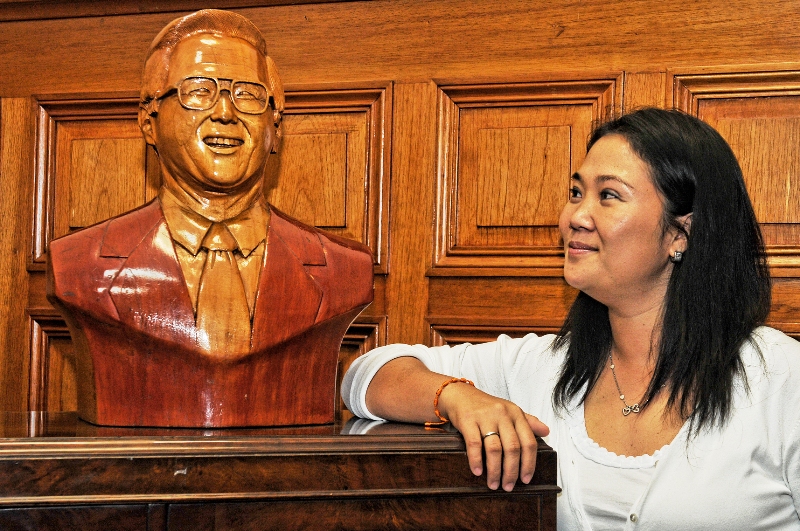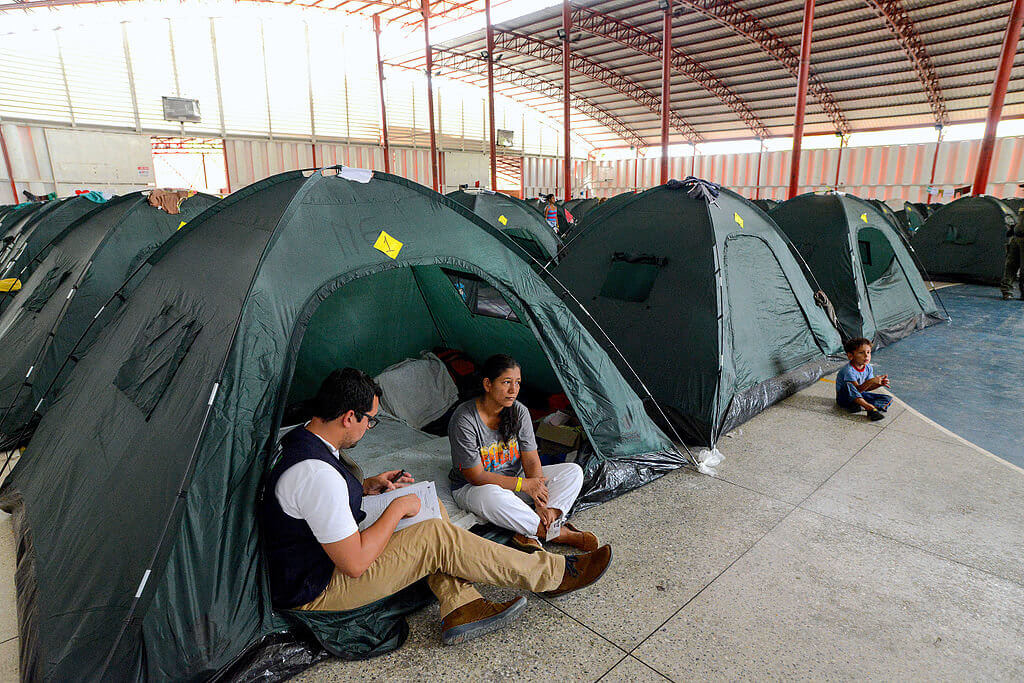Last night Peru’s congress voted to give President Ollanta Humala special powers to rule by decree in matters of the economy and crime for 90 days.
In a special session of congress scheduled to end at midnight last night, congress voted on two pieces of legislation designed to give Humala’s government broad leeway to streamline legislation to drive economic growth and combat rising crime in Peru. Each bill included subsections which were voted on individually detailing areas the government would be authorized to pass legislation.
Congress heard prime minister Pedro Cateriano and other officials from Humala’s government make the case for decree powers which were approved just before midnight. However four of the two bills’ 15 points were rejected and the duration of powers was shortened from 120 days to 90.
In the bill to address crime, all seven points were approved. The first addressed organized crime including extortion, drug trafficking, land trafficking and illegal logging. The second point gives the government the power to better regulate customs, ports and migratory movements.
The third and fourth points allow Humala’s government to strengthen the national police force and private security services with guns, video surveillance and radio communication. The last points look to improve the public records system to combat fraud, change the judicial system to better enforce the payments of civil judgments and modernize the prison system.
In the government’s request for decree powers to improve the economy, four of nine subsections were rejected by congress.
Congress approved points to optimize procedures and allocate of resources to promote investment, eliminate excessive regulation and red tape that inhibit commerce, improve electricity infrastructure, improve the fishing industry and broaden access to housing and property formalization.
Congress rejected the government’s appeals to modify capital market legislation and the financial system. Congress also rejected a subsection which would allow Humala to strengthen government ministries, regulatory organizations and state institutions along with another point looking to change how the government borrows money.
Congress rejected a specific economic initiative to rule by decree in matters of mining and energy.
President Humala announced that he would seek special decree powers after the censure of Ana Jara. The vote originally slated for last Friday was delayed by a partisan row over the expulsion of a suspended congressman. Without decree powers, Humala’s unpopular government would be a lame duck for the year and a half remaining in his term.
In addition to decree powers, congress also voted on the tax exemption of unemployment benefits employers pay employees. Finance minister Alonso Segura proposed a one-year extension of the tax exemptions in April, but congress passed a version making the exemptions permanent. Humala originally sent the bill back to congress, citing the fiscal health of the public healthcare and pension systems. Congress overrode Humala’s veto yesterday to make those tax exemptions permanent.
Sources
Proyecto de Ley No. 4562 (El Comercio)
Proyecto de Ley No. 4569 (El Comercio)
Congreso aprobó facultades legislativas pedidas por Ejecutivo (El Comercio)
Congreso otorgó facultades al Ejecutivo en seguridad ciudadana (Andina)











